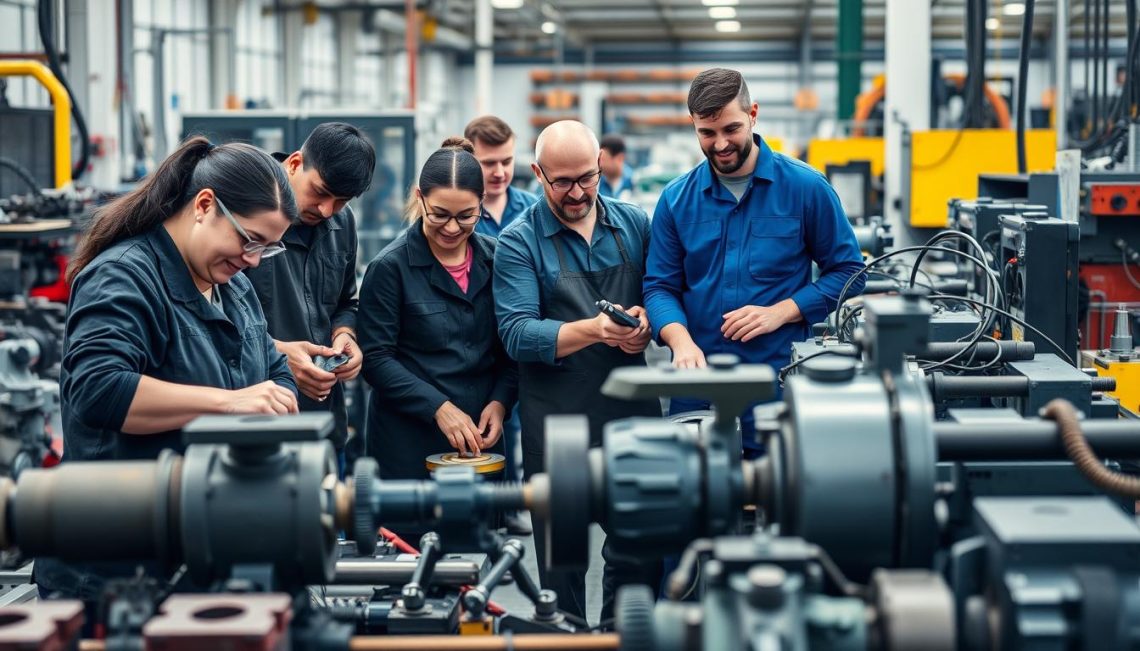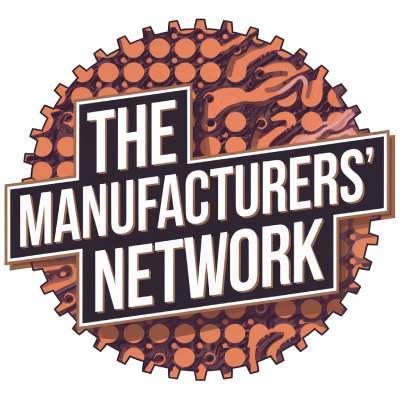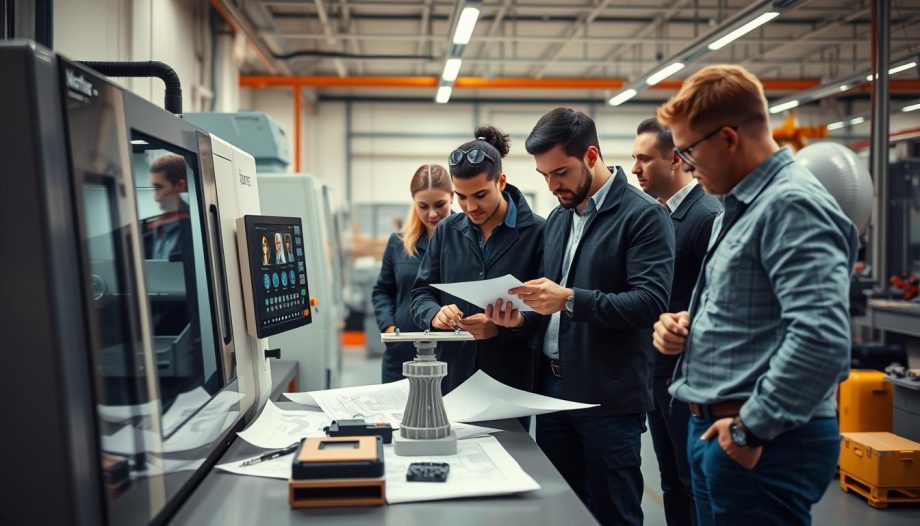The manufacturing industry stands at a crucial juncture, with a pressing need for skilled manufacturing professionals to drive innovation and productivity. As the demand for a competent workforce grows, talent development initiatives are essential to attract young individuals into rewarding careers within this sector. With statistics from organizations like the National Association of Manufacturers highlighting a significant skills gap, the need for effective education and outreach programs becomes increasingly vital. By fostering the right environment for learning and hands-on experiences, industries can inspire the next generation, solidifying a strong foundation for a sustainable and effective skilled workforce.
The Importance of Skilled Manufacturing Professionals
The manufacturing industry stands on the brink of transformation, heavily reliant on a skilled manufacturing workforce to navigate the evolving landscape. The increasing sophistication of processes and products has heightened the demand for professionals equipped with contemporary skills. Understanding current manufacturing trends, the role of technology in manufacturing, and the challenges faced by today’s manufacturers provide insights into the significance of developing a capable workforce.
Current Trends in Manufacturing Skills
The manufacturing sector is witnessing a seismic shift in required skills. There is a marked increase in the demand for advanced technological proficiency, especially in automation and data analytics. Reports indicate a staggering rise in the need for workers specialized in robotics, with growth projected at over 40%. This trend underscores a critical need for continuous education and training to maintain a competitive edge.
The Role of Technology in Modern Manufacturing
Technology in manufacturing has evolved dramatically, introducing innovations such as connected manufacturing and smart factories. The integration of the Internet of Things (IoT) enhances operational efficiency and enables real-time decision-making. Workers not only need strong technical skills but must also develop problem-solving abilities to thrive in this transformed environment. Familiarity with these technologies is no longer optional; it is essential for competitiveness.
Challenges Faced by Today’s Manufacturers
Industry challenges continue to pose significant risks to manufacturing stability. An aging workforce presents a unique dilemma, as many skilled professionals retire without sufficient new talent to replace them. Additionally, many prospective workers lack awareness of career opportunities in manufacturing, creating barriers to entry. The need for ongoing skill development remains critical, as the industry evolves and demands greater capabilities.

| Trend | Impact on Skills | Technology Integration |
|---|---|---|
| Increased Automation | Higher demand for advanced technical skills | Emphasis on robotics and data analytics |
| Smart Factories | Need for problem-solving abilities | Utilizing the Internet of Things (IoT) |
| Aging Workforce | Shortage of skilled professionals | Focus on continuous training initiatives |
| Awareness of Careers | Potential talent gap in the industry | Advocacy for career advancement opportunities |
Inspiring a Generation of Manufacturing Professionals
Creating a bright future for the manufacturing sector relies heavily on robust education and training initiatives. Collaboration between educational institutions and manufacturers plays a pivotal role in preparing students for careers in the industry. Programs focus on specialized skills such as machining, welding, and CNC operations, equipping future professionals with the necessary competencies to succeed. Organizations like SkillsUSA contribute significantly to this effort by promoting vocational education and hosting competitions aimed at enhancing student engagement and skill assessment.
Education and Training Initiatives
Numerous initiatives are underway to ensure that aspiring manufacturing professionals receive comprehensive training. Community colleges often partner with local manufacturers to design tailored curricula that address current industry needs. This practical approach leads to the development of a highly skilled workforce capable of meeting evolving challenges. Furthermore, continued professional development through workshops and certificate programs promotes lifelong learning within the sector.
Mentorship Programs and Their Impact
Mentorship in manufacturing acts as a vital bridge between seasoned professionals and the next generation. Experienced mentors guide young talents, sharing insights and best practices that can accelerate career growth. Initiatives like the Manufacturing Leadership Initiative focus on establishing structured mentorship programs, significantly enhancing retention rates in the industry. These relationships nurture future leaders, empowering them to navigate complex manufacturing environments confidently.
Success Stories in the Manufacturing Sector
Industry success stories highlight the effectiveness of targeted training and mentorship initiatives. Organizations that have invested in the development of their workforce often showcase remarkable transformations. For instance, a notable aerospace manufacturer improved productivity and reduced turnover by implementing comprehensive training programs coupled with mentorship opportunities. Such models serve as powerful examples of how investing in manufacturing education can yield significant returns for both employees and employers.

| Company | Training Initiative | Outcome |
|---|---|---|
| Aerospace Manufacturer | Comprehensive workforce training | Increased productivity by 30% |
| Automotive Company | Mentorship program for new hires | Reduced turnover by 25% |
| Textile Manufacturer | Partnership with local colleges | Enhanced skill sets of 100+ students |
Future Outlook: The Next Wave of Manufacturing Excellence
The manufacturing industry stands on the brink of a significant transformation, with future manufacturing trends promising to reshape the landscape dramatically. Increasing automation and the integration of advanced technologies such as artificial intelligence and machine learning are at the forefront of this evolution. Industry experts emphasize that embracing these innovations is not just a trend but a necessity for achieving manufacturing excellence in the coming years. This shift will require new skills and adaptability, enhancing the importance of workforce development initiatives that prepare professionals for the challenges ahead.
Sustainability is also becoming a critical pillar in future manufacturing processes. Organizations are urged to implement greener practices to meet growing consumer and regulatory demands for eco-friendly operations. Integration of sustainable technologies not only caters to this requirement but also sets the stage for a culture of continuous learning among professionals. By prioritizing sustainability, manufacturers can attract talent passionate about making a positive impact, contributing further to innovation and operational efficiency.
Another vital aspect of this future outlook is the need for diversity and inclusion within the workforce. A diverse team brings various perspectives, driving creativity and problem-solving capabilities. Current data supports the notion that inclusive workplaces foster innovation, setting the manufacturing sector apart in a competitive market. As the industry progresses, educators, employers, and policymakers must come together to create robust pathways that inspire the next generation of manufacturing professionals, ensuring a bright and successful future for the sector.

